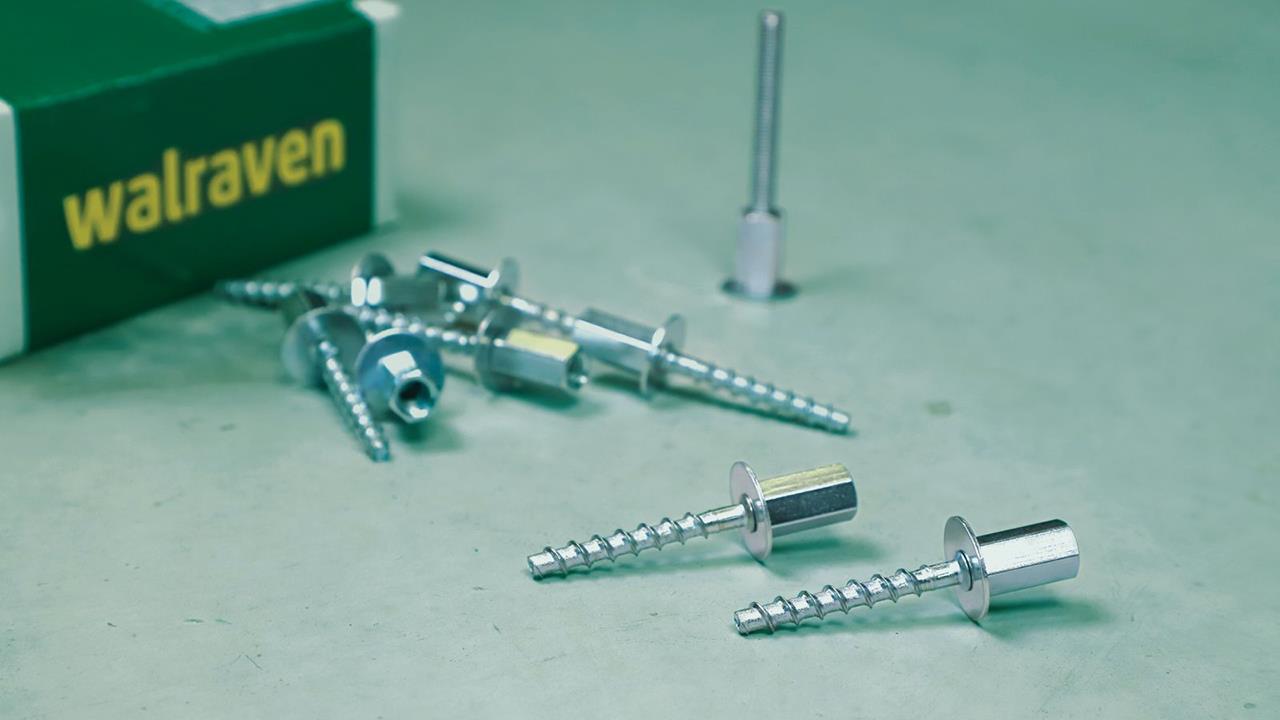

Walraven explains why concrete screws are a convenient, versatile, and value for money choice for everyday mechanical and electrical installations.
Concrete screws can improve both speed and efficiency of the job compared to typical alternatives and are one of the simplest anchors to install.
However, the quality of concrete screws can differ significantly, so how do you know if you are buying a reliable, quality concrete screw? Here we give six reasons why you should consider using concrete screws and how to choose the best anchors for your project.
Here are 6 reasons why you should be using concrete screws:
So, when looking for a convenient, value for money anchor fixing, concrete screws are a great option for everyday use. With such a broad range of application and great installation features they are becoming the go-to anchor fixing for installers today.
Which concrete screws are the best?
Broadly speaking there are two types of concrete screw – those that have official approvals and those that don’t. We would usually recommend using ETA-approved concrete screws.
A European Technical Assessment submits anchors to a rigorous testing process and as a result will set out what applications the anchor is suitable for, it’s application limits, performance characteristics and how it should be installed. The ETA documentation provides all the guidance and reassurance the installer needs that the concrete screw is up to the job.
Read our essential guide to selecting and installing concrete screws
You can find out everything you need to know about concrete screws in our essential guide.
For ETA-approved concrete screws and access to technical support and free onsite pull tests, choose Walraven!
If you'd like to keep up-to-date with the latest developments in the heating and plumbing industry, why not subscribe to our weekly newsletters? Just click the button below and you can ensure all the latest industry news and new product information lands in your inbox every week.